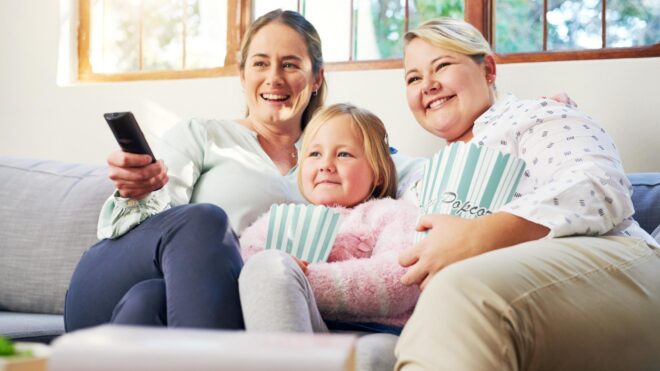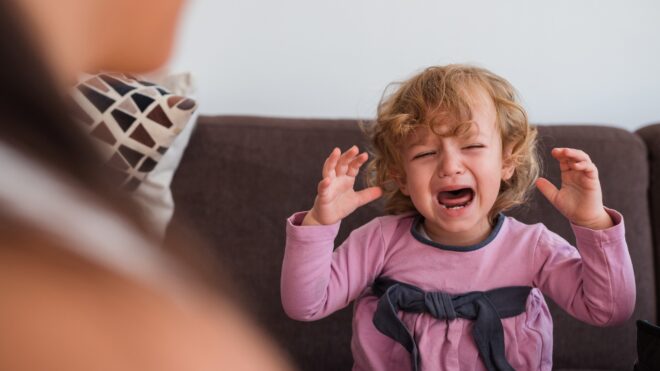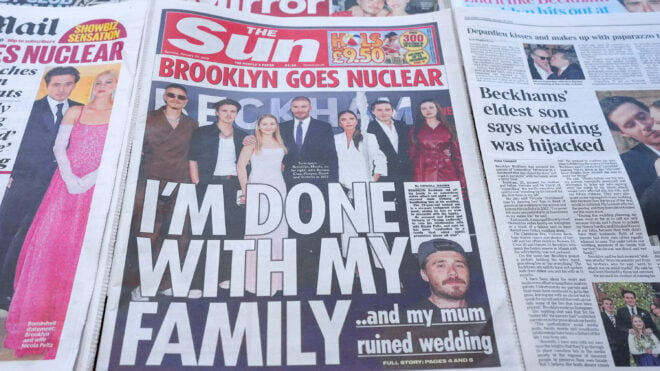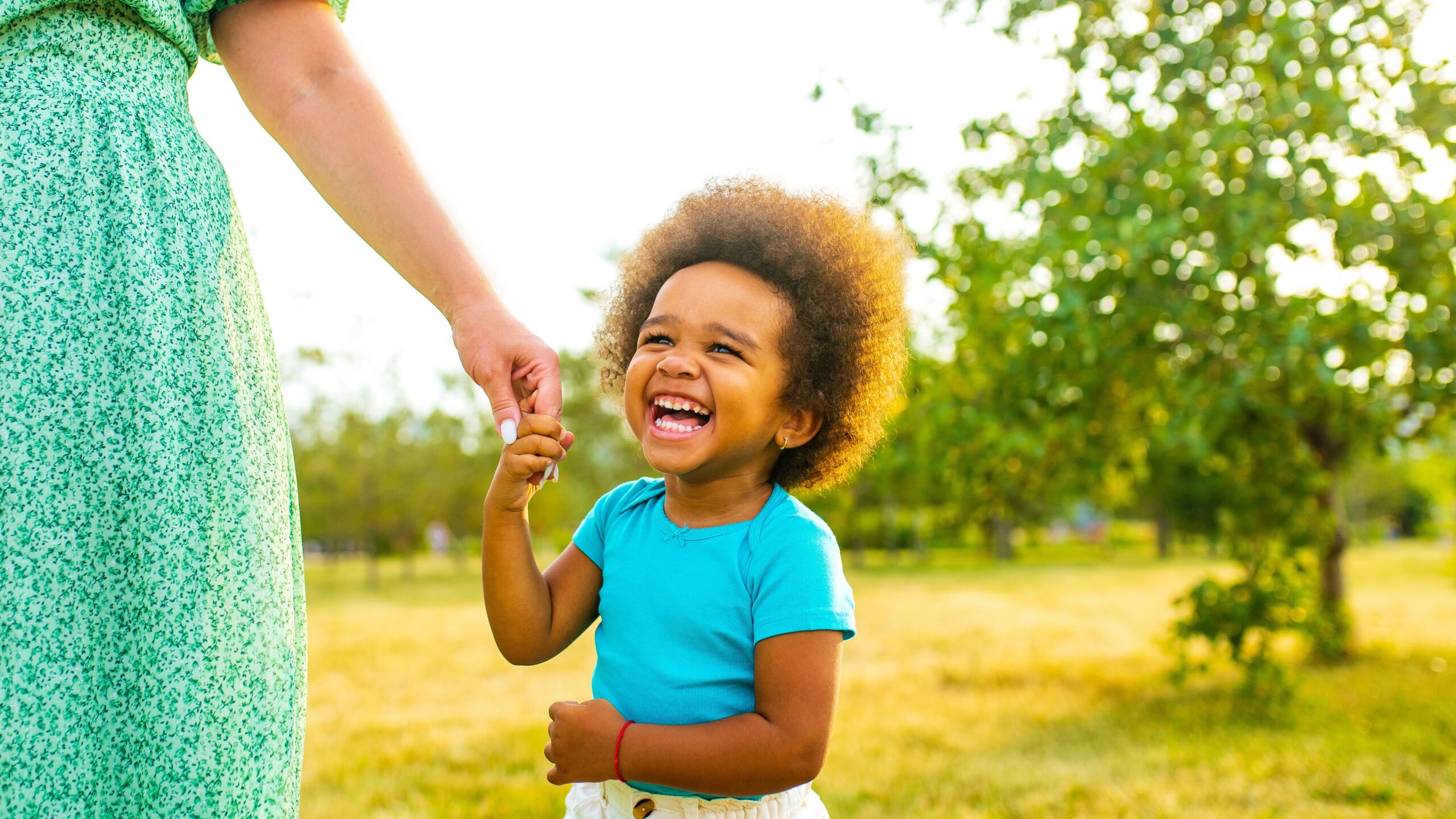
Trigger Warning: This article contains mentions of child abuse and racism, drugs, and general bigotry.
It’s a common argument that those who choose not to have children are “selfish". That attitude remains pretty much the same when you tell people you do want kids but that you don’t want to give birth.
Approximately 437,000 children are waiting to be adopted in the US. And less than half of those children are adopted annually. The average child up for adoption is around 7 years old, and they are most often white, with Black being a close second. Around 134,000 children with special needs and disabilities are also waiting to be adopted.
More from LittleThings: BIPOC Family Therapist & Mom Shares Tips On Deciding If Therapy Is Right For Your Child
The views expressed in this personal essay are solely the author's, and while we celebrate individuals’ rights to express themselves, these views do not necessarily reflect the opinions and beliefs of this website or its affiliates.
That’s a hell of a lot of kids waiting to find homes, and yet there is still a big part of the population who will try to talk you out of adopting. And all of their reasoning is full of misogyny (“It’s your duty as a wife”), ableism (“What if the child turns out mentally broken?”), and classism (“What if the kid came from poor parents who used drugs?”). And they usually won’t take no for an answer.
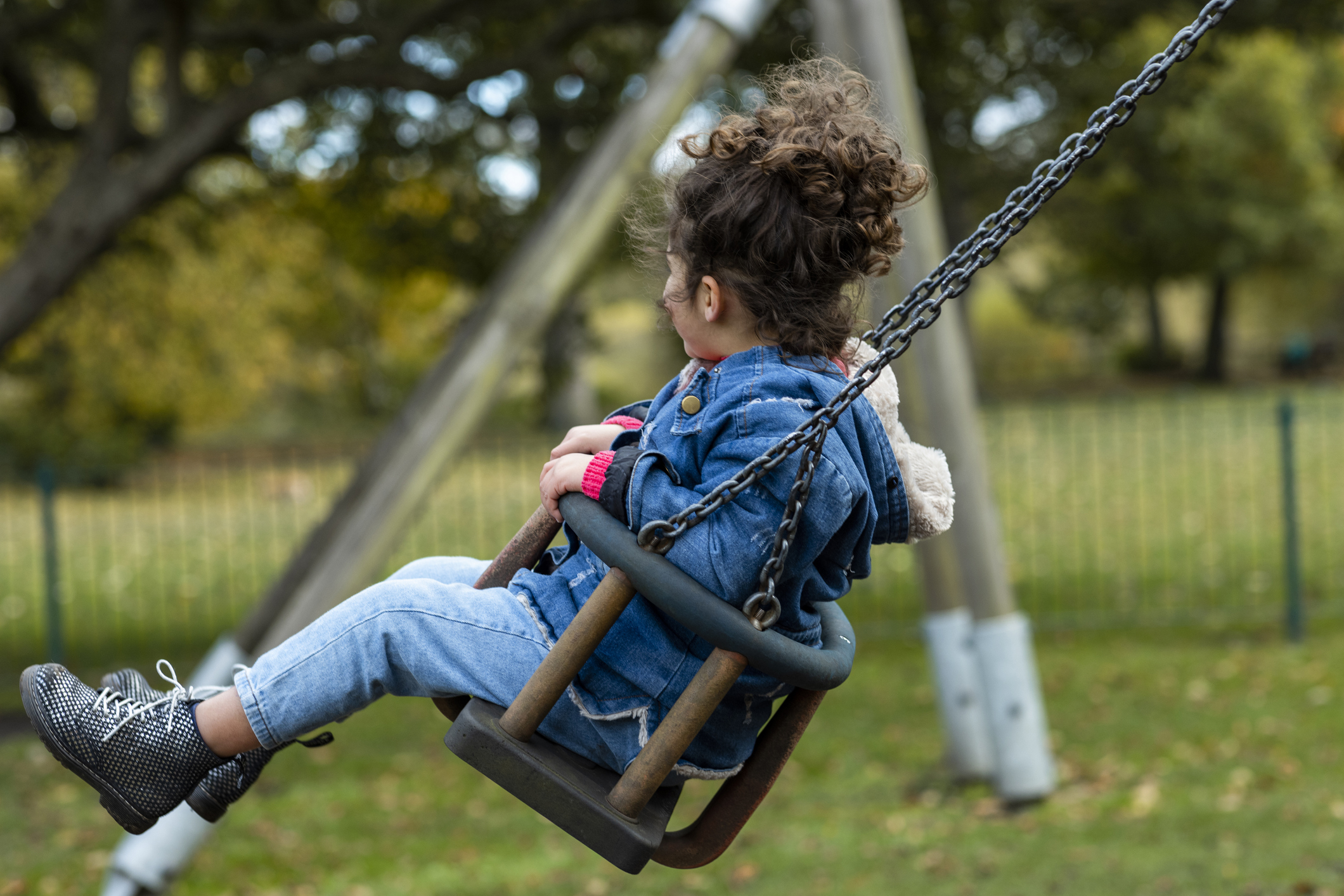
Adoption, however, is a great system that gives children a loving home — and gives good people a chance at parenthood. So why the pushback? It’s time we dismantle the stigma behind adoption, one myth at a time.
Biology doesn’t determine the perfect relationship.
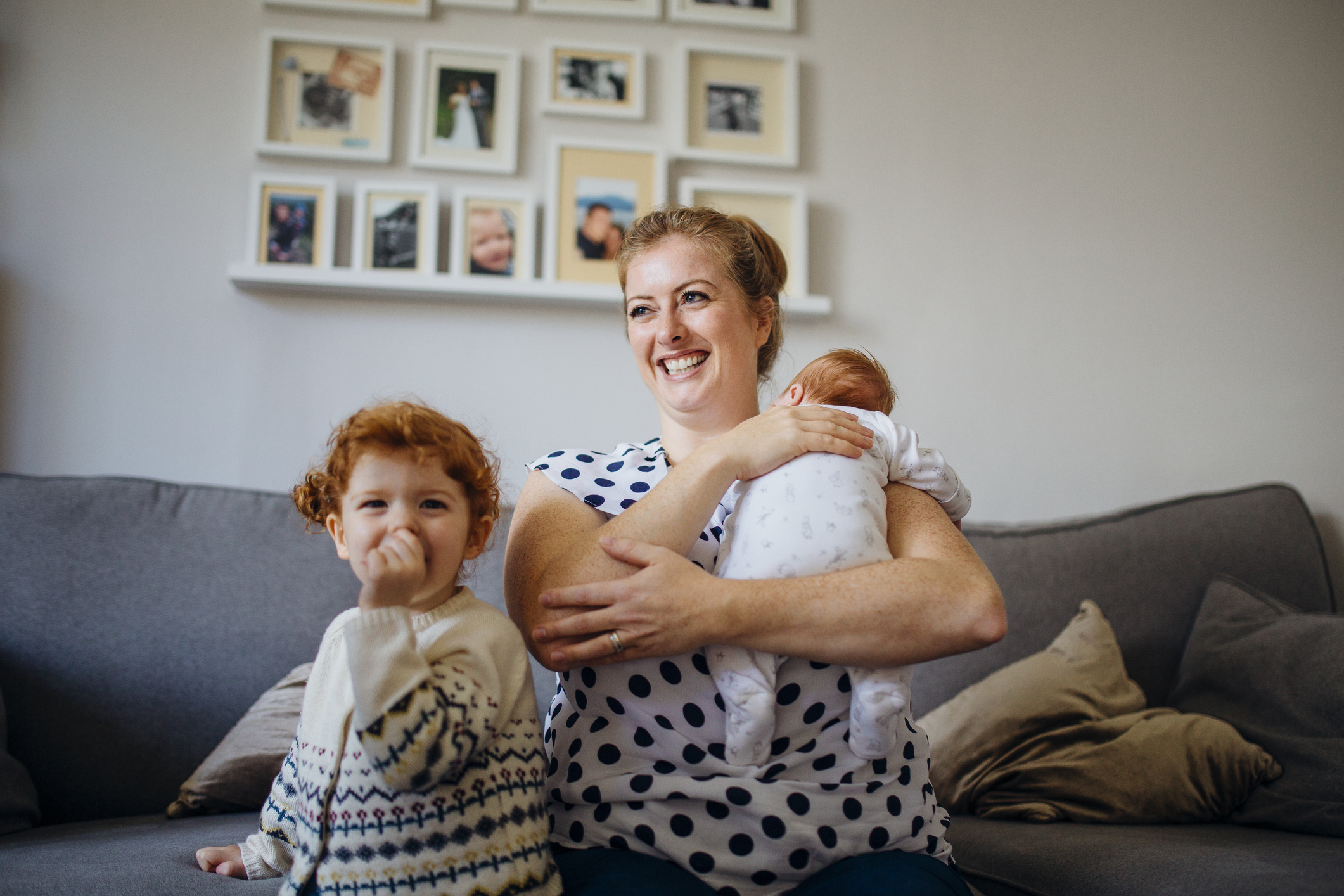
A very common anti-adoption argument is that you have no idea what kind of child you'll get if you adopt. The argument is that when you have biological children, they’ll probably share the same hair color as you or your own parents. If you have a history of some sort of illness in your family, then you can plan ahead in small ways. That aside, we really don’t know how our biological children will turn out, either.
A huge portion of our traits as human beings comes from our environment, rather than our genetics, and for young children who were adopted, you can see a lot of their adoptive parents in them, regardless of DNA, race, disability, or gender. The screening process for adoption is far stricter and in depth than, well, two people just deciding they want to birth a baby. The children often end up in safer and more loving homes. Various studies have been done to determine the quality of adopted life, and more often than not the results show that adopted children are more social, happy, generous, and open-minded.
Bigotry breeds more bigotry.
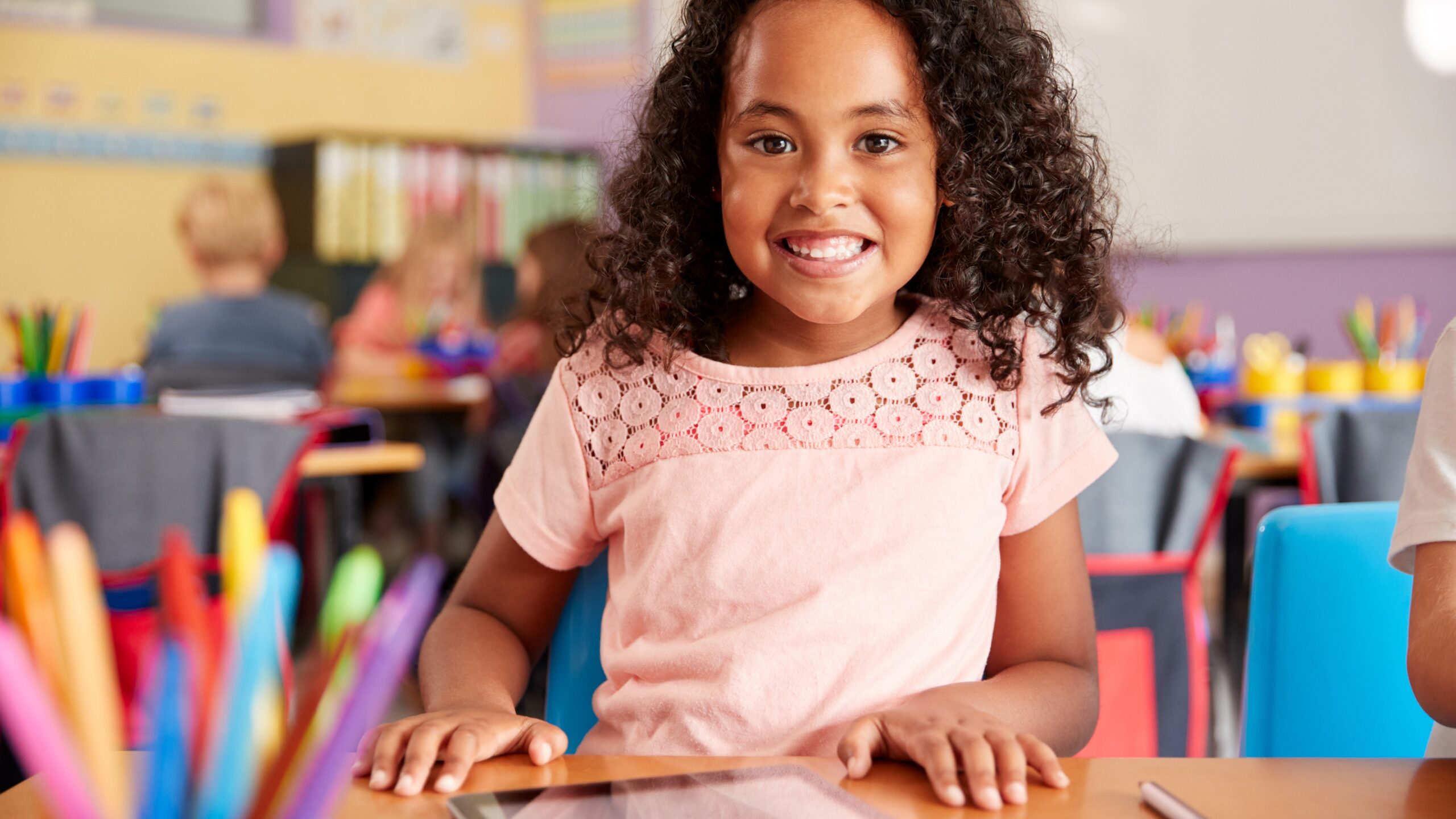
No one is saying everyone must adopt, or that you’re not allowed to step back and say, "Hey, I’m not ready for this." However, shaming someone for adopting because you feel adopted children are more likely to have health or behavioral problems is highly illogical. The assumption that your biological child “will be different” is both ableist and illogical. A biologically related child may have the same issues, because you just can’t plan for that when getting pregnant. It’s statistically impossible to get a “perfect” child no matter what you do. It’s the individual differences of each environment that matter most.
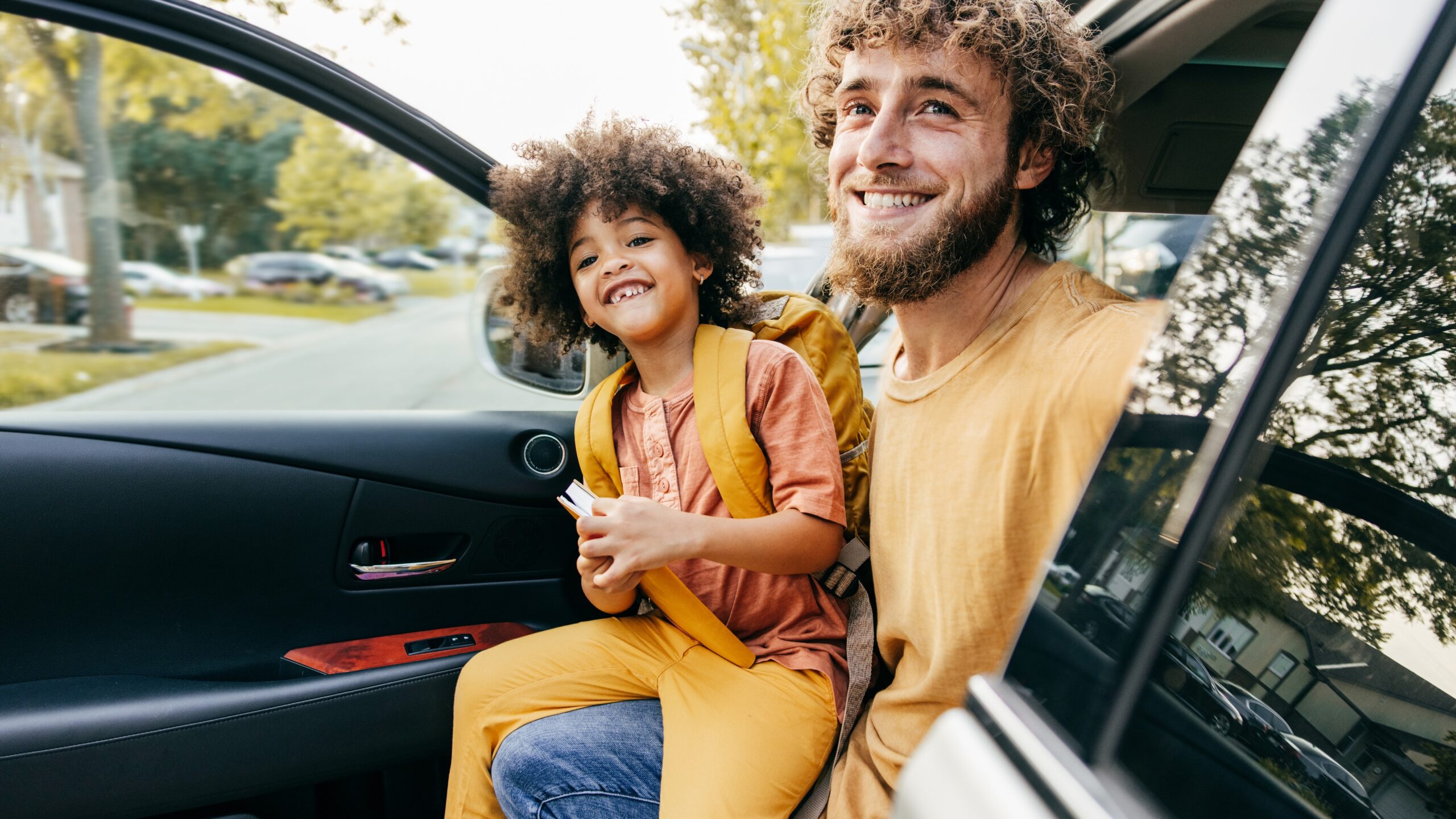
So shaming people for this "oversight" will only lead to adoption being more heavily stigmatized. With fewer people adopting, this could also affect how the government funds the process. Many people teach their children that family is the most important thing, and that "real" family is blood related. This attitude, if taught at an impressionable age, will stick and pass down to their children, or to their friends, and the cycle will continue. This isn’t just in terms of stigmatizing adoption as a whole; it stigmatizes having children who are in any way different from you — their race, gender, physical ability, language, developmental ability, and so on. Do you remember that scene from Garden State when Zach Braff looks shocked and weirded out that Natalie Portman’s brother is Black? Exactly.
Lives can be saved through adoption.
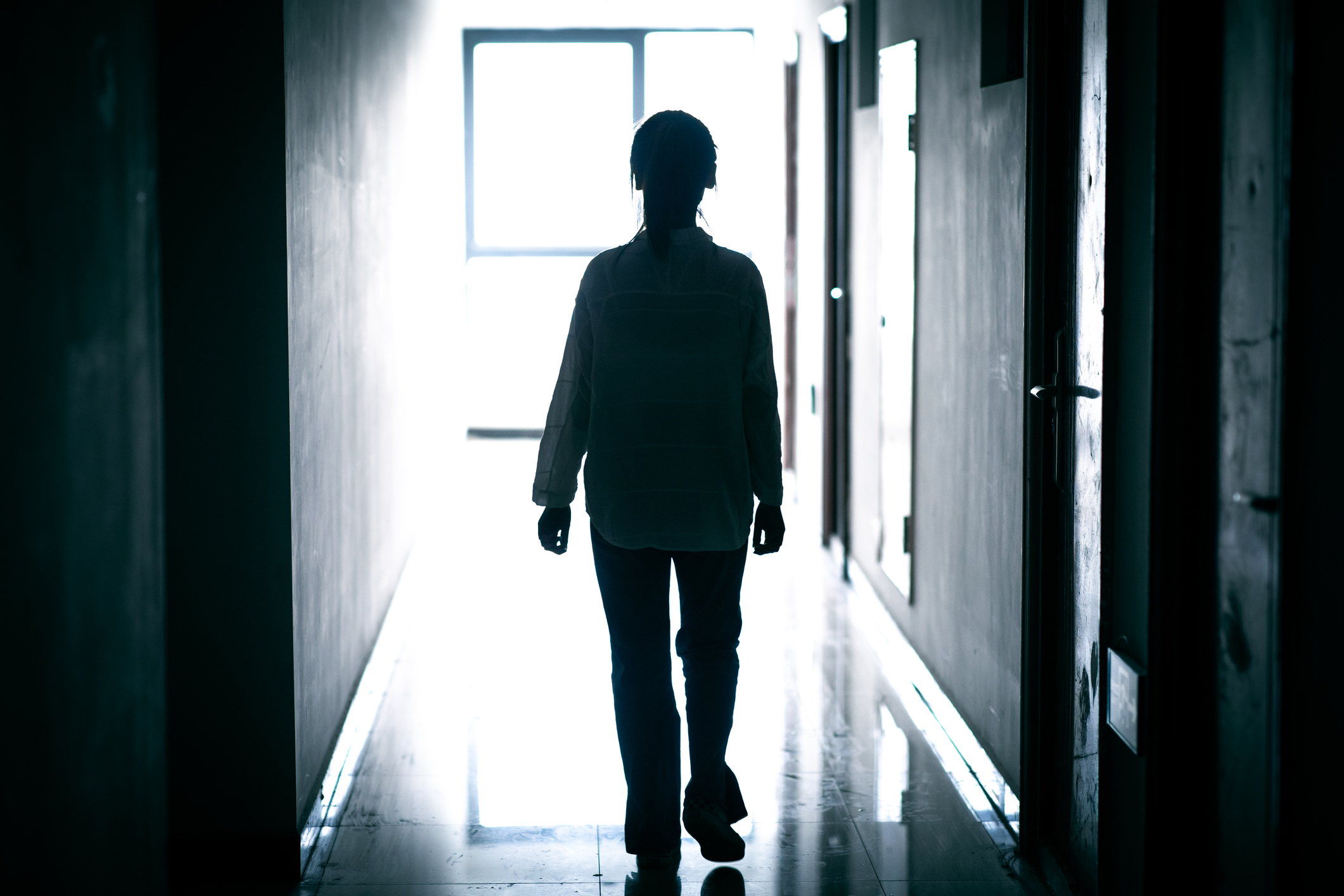
Yes, children in the foster system are likely to be abused, but so is every type of child. Getting that child out of the abusive environment into a warm and loving one will stop the cycle of abuse. Adoption is also important for acknowledging when you’re not ready to be a parent. In fact, depressingly enough, biological parents are way more likely to harm their children than adopted parents. One study showed that of all fatal child abuse cases, 60% were at the hands of biological parents versus 29% of surrogate parents. The difference being, if you actively go through the difficult and screened process of adopting a child, you’re more likely to actually want them.
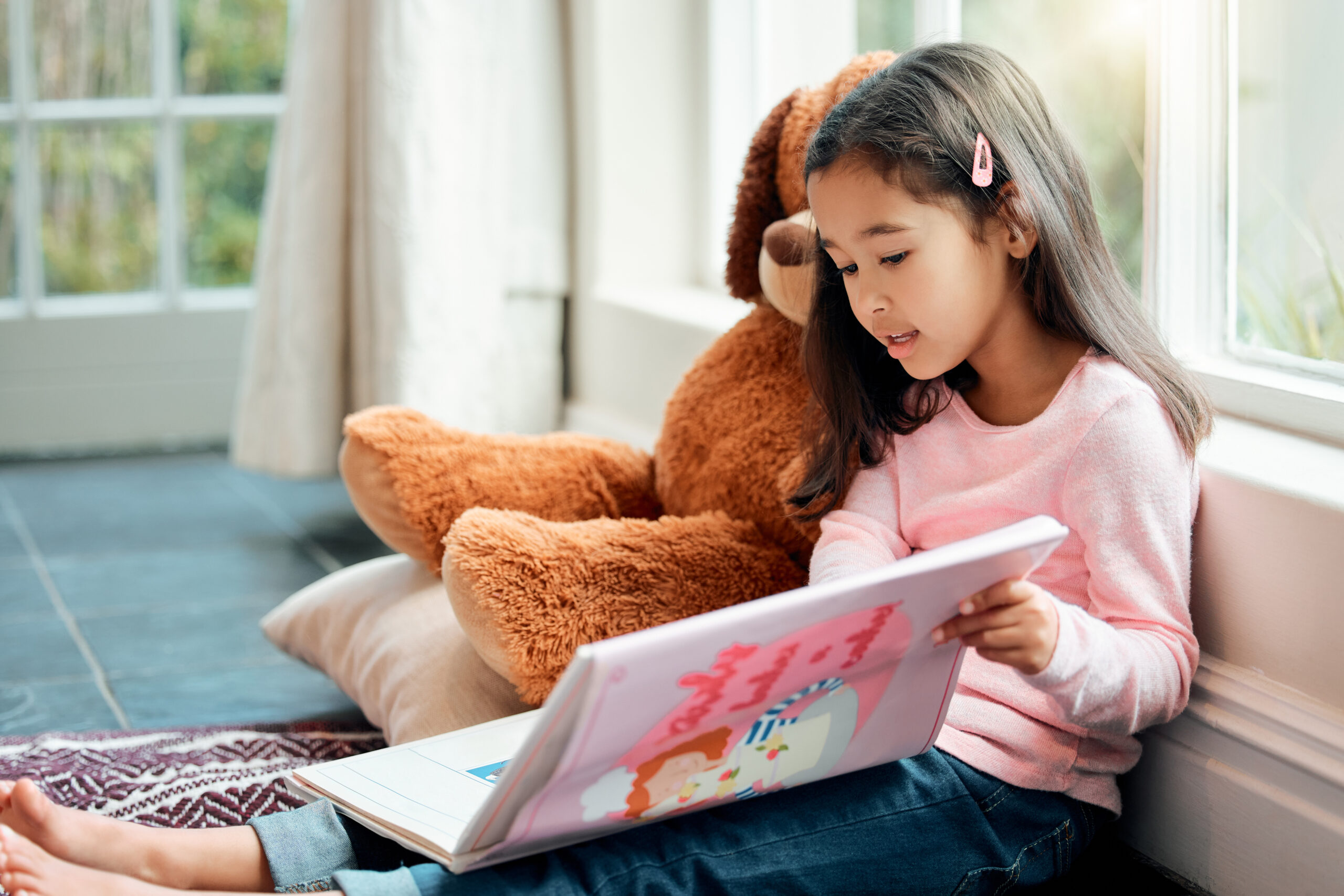
Personally, I just don’t see why I would put myself through the discomfort, health risks, and pain of pregnancy when there’s a child waiting to be literally rescued from the cruelty of being abandoned or orphaned. Pregnancy may be a beautiful and natural thing, but children are not trophies or mini-me’s. They are human beings, and their agency and safety comes first. We shouldn’t have children to mold into our own dreams and politics, or to take care of us when we get old; we should have children to give them a chance at a happy life, to nurture themselves and their futures.
Bodily autonomy is vital.
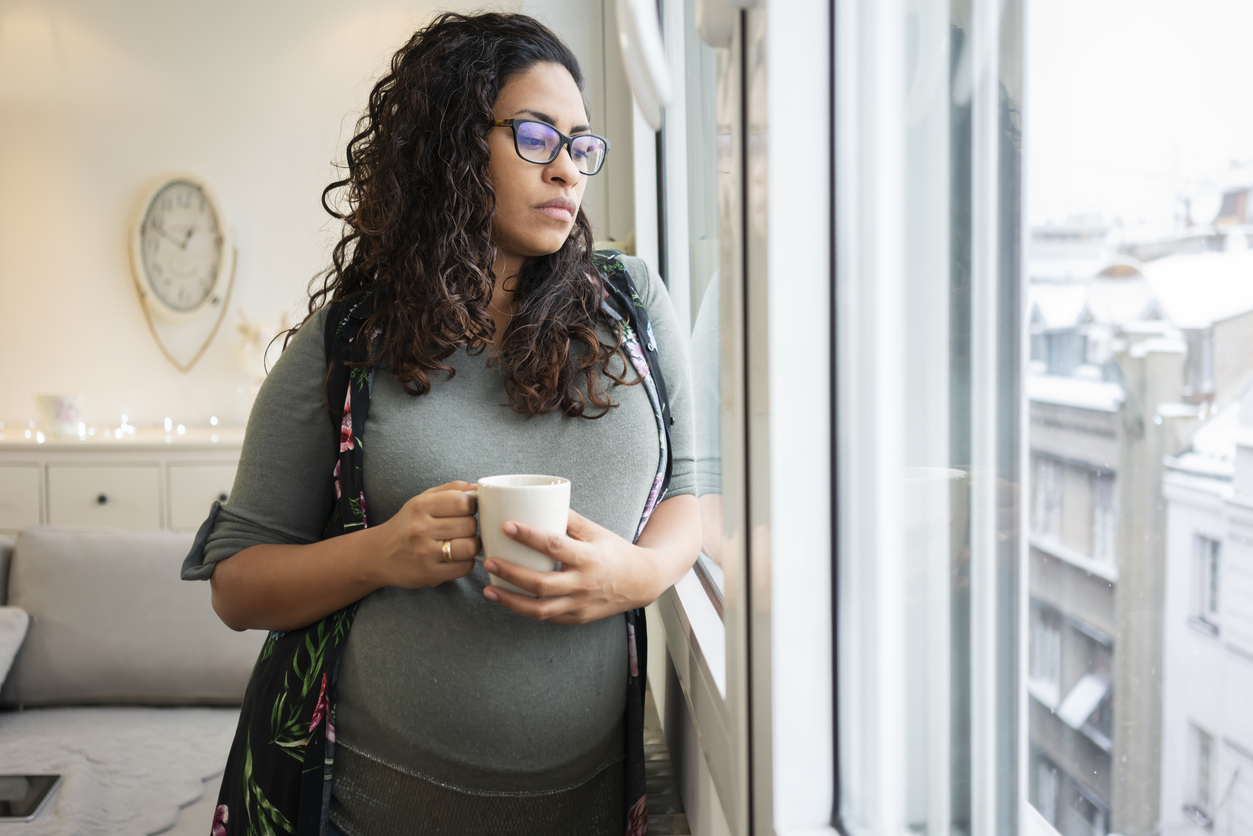
Having control over what you do with your body is a fundamental human right — even if the government doesn’t think so. Manipulating your loved ones into getting pregnant when they don’t want to, rather than adopting, means you see them as an object, a baby machine, and not a person. Besides, for people who actually want to get pregnant, it’s not always possible. And years of trying with no success or solutions can be heartbreaking.
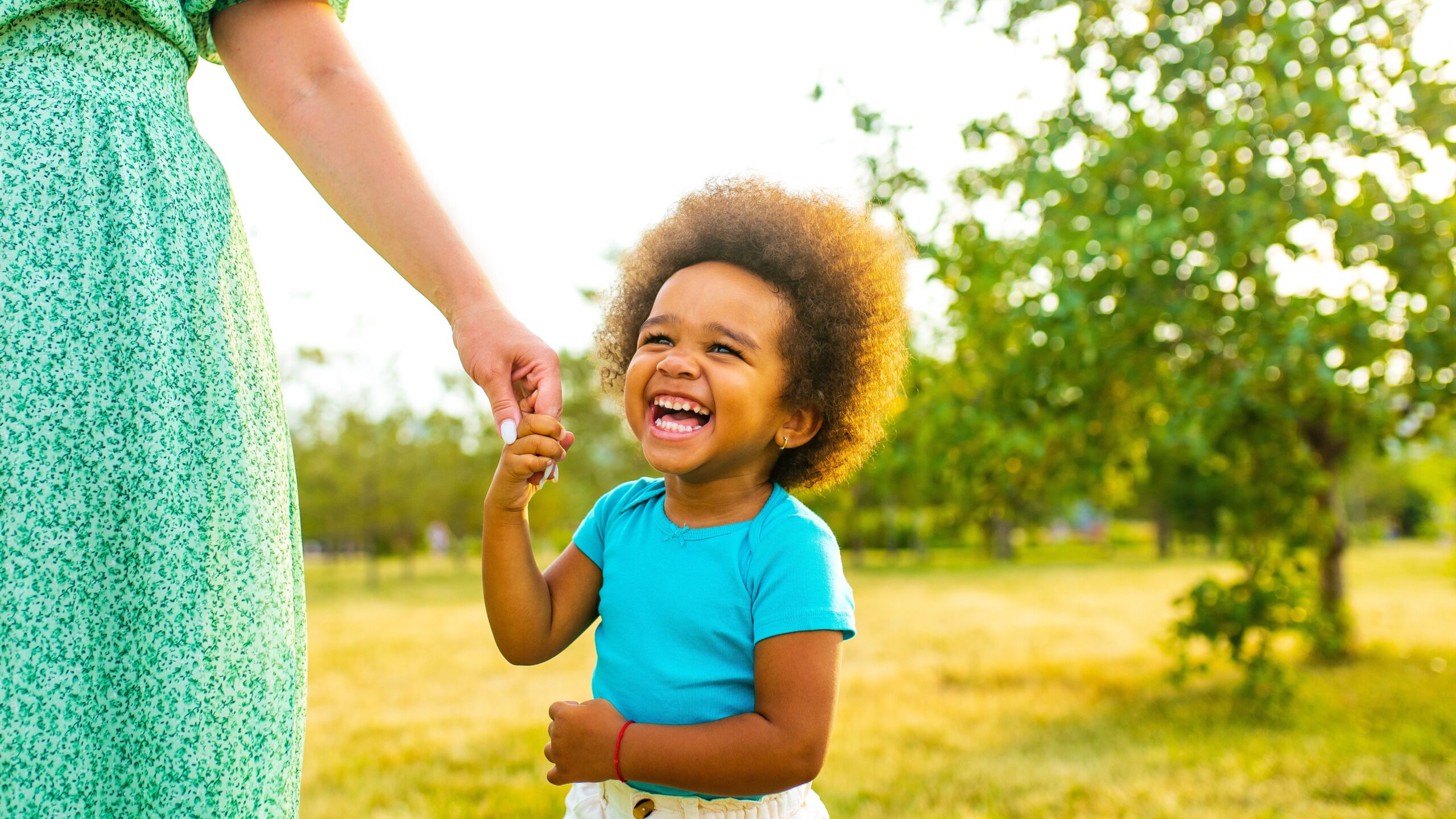
We have to ask ourselves: Why would we guilt-trip the former when we wouldn’t the latter? If the former has the choice, when the latter doesn’t, isn’t that better than no choice at all? Abortion, adoption, traditional pregnancy, IVF, surrogacy — these are all options we need for a society with children to function, so long as all are consensual.
Don’t listen to folks who say the child “won’t really be yours,” as DNA can only go so far in shaping our future. Love will do the rest.


